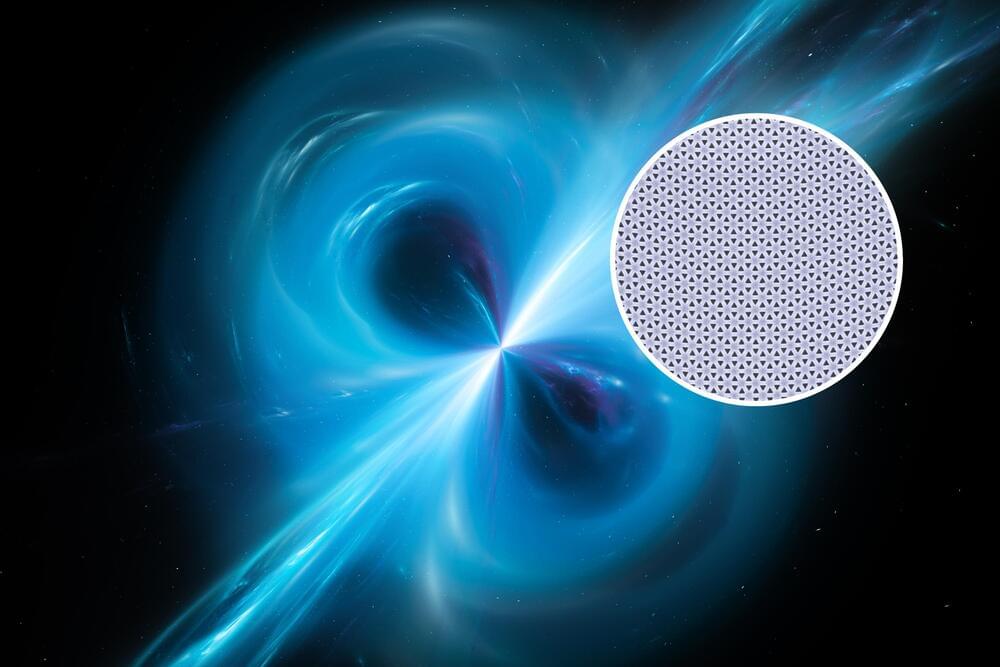Scientists are on the brink of a propulsion breakthrough.
Category: innovation – Page 82
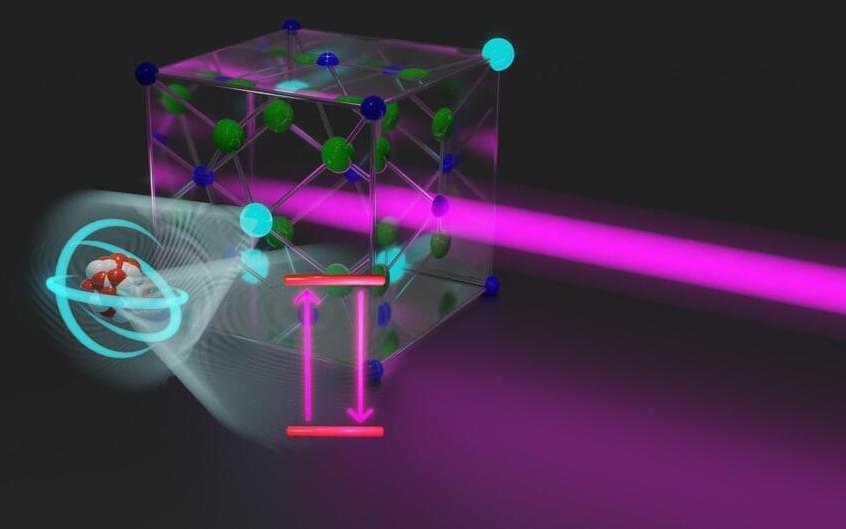
Decades in the Making: Laser Excites Atomic Nucleus in Groundbreaking Discovery
For the first time, lasers have successfully excited the “thorium transition,” a process long pursued by researchers. This breakthrough sets the stage for groundbreaking advancements in high-precision technologies, such as nuclear clocks.
Physicists have eagerly anticipated this breakthrough: scientists globally have spent years searching for a specific state of thorium atomic nuclei that could lead to groundbreaking technological advancements.
It could be used, for example, to build an nuclear clock that could measure time more precisely than the best atomic clocks available today. It could also be used to answer completely new fundamental questions in physics – for example, the question of whether the constants of nature are actually constant or whether they change in space and time.
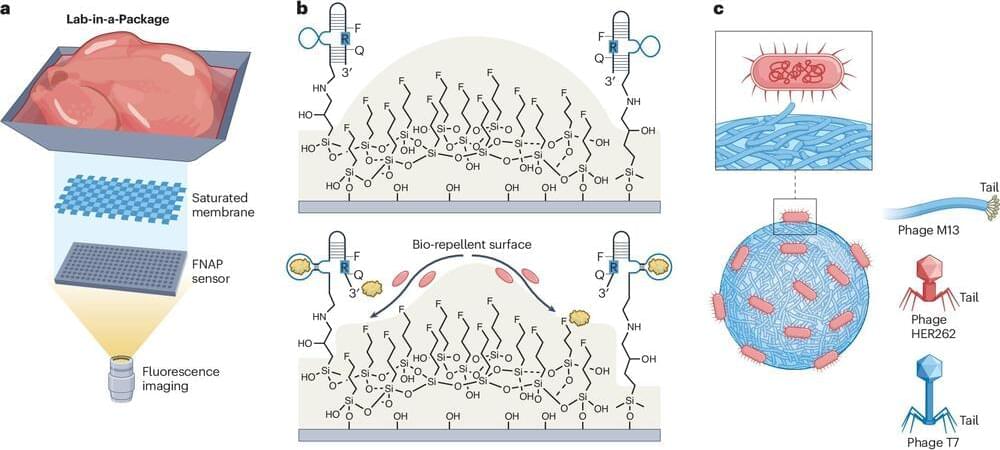
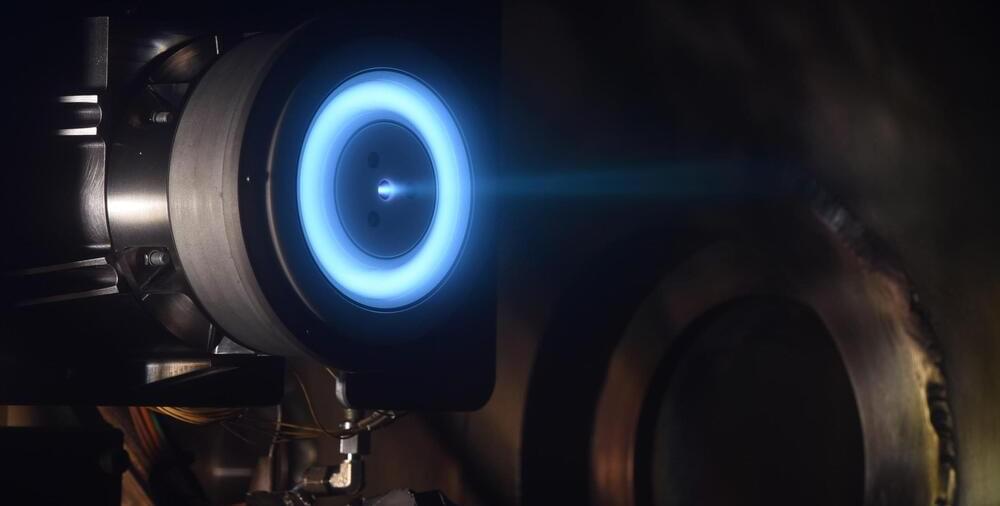
NASA Unveils Game-Changing Electric Propulsion Technology for Future Space Missions
NASA ’s innovative propulsion technology propels small spacecraft exploration and extends satellite lifetimes, supporting U.S. leadership in space technology.
NASA has developed an advanced propulsion technology to facilitate future planetary exploration missions using small spacecraft. Not only will this technology enable new types of planetary science missions, one of NASA’s commercial partners is already preparing to use it for another purpose—to extend the lifetimes of spacecraft that are already in orbit. Identifying the opportunity for industry to use this new technology not only advances NASA’s goal of technology commercialization, it could potentially create a path for NASA to acquire this important technology from industry for use in future planetary missions.
The New Technology
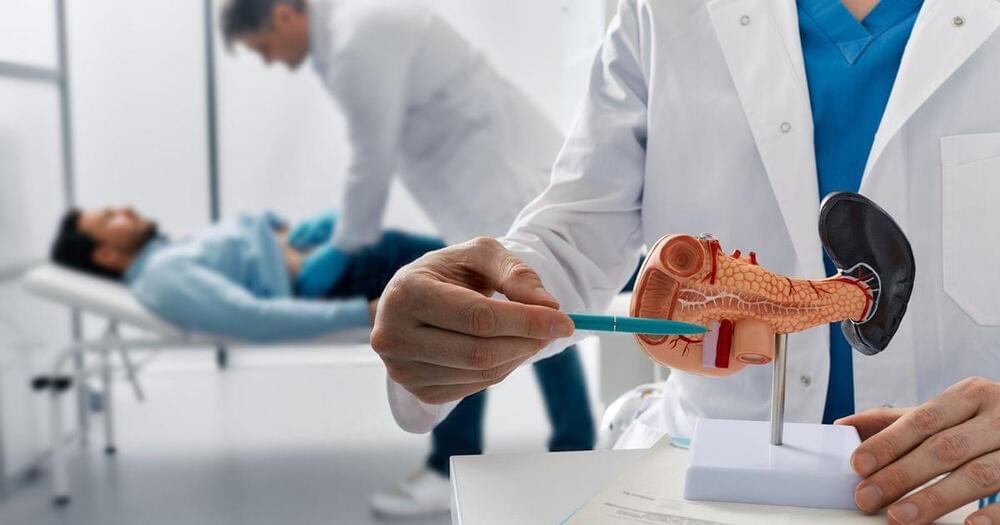
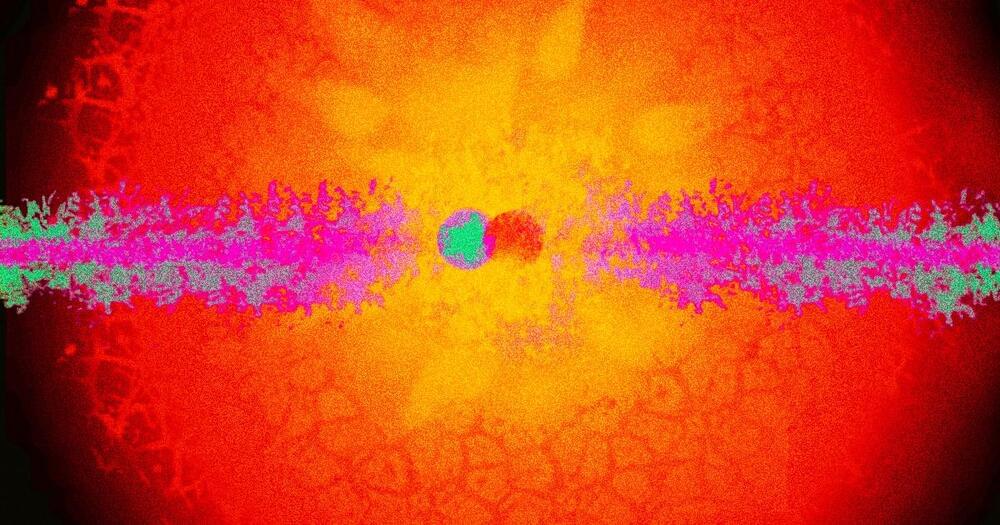

TSMC System on Wafer for Over 3.5 Times the Compute by 2027
TSMC introduced its System-on-Wafer (TSMC-SoW™) technology, an innovative solution to bring revolutionary performance to the wafer level in addressing the future AI requirements for hyperscaler datacenters.
At the TSMC 2024 North America Technology Symposium, they debuted the TSMC A16™ technology, featuring leading nanosheet transistors with innovative backside power rail solution for production in 2026, bringing greatly improved logic density and performance.
The latest version of CoWoS allows TSMC to build silicon interposers that are about 3.3 times larger than the size of a photomask (or reticle, which is 858mm2). Thus, logic, eight HBM3/HBM3E memory stacks, I/O, and other chiplets can occupy up to 2,831 mm2. The maximum substrate size is 80×80 mm.

Humanoid robots are here to transform the future
In an age marked by remarkable technological advancements, the field of robotics exemplifies humanity’s boundless potential for innovation. In recent years, certain types of robots have consistently captured our attention, with humanoid robots standing out as pioneers, alongside pre-programmed robots, autonomous robots, teleoperated robots, and augmenting robots.
With advancements in technology, the evolution of humanoid robotics pushes the boundaries of what was once considered purely sci-fi into the realm of reality. Engineered to emulate the human form both physically and cognitively, these robots are equipped with a sophisticated array of cameras, sensors, and cutting-edge AI and ML technologies. This enables them to not only perceive their surroundings but also to interact with humans in increasingly nuanced ways, from recognizing objects to sensing and responding to environmental cues.
That being said, the sector is poised for significant growth. According to research firm MarketsandMarkets, the humanoid robot market size was valued at $1.8 billion in 2023 and is anticipated to be $13.8 billion in the next five years, growing at a CAGR of over 50.2%.
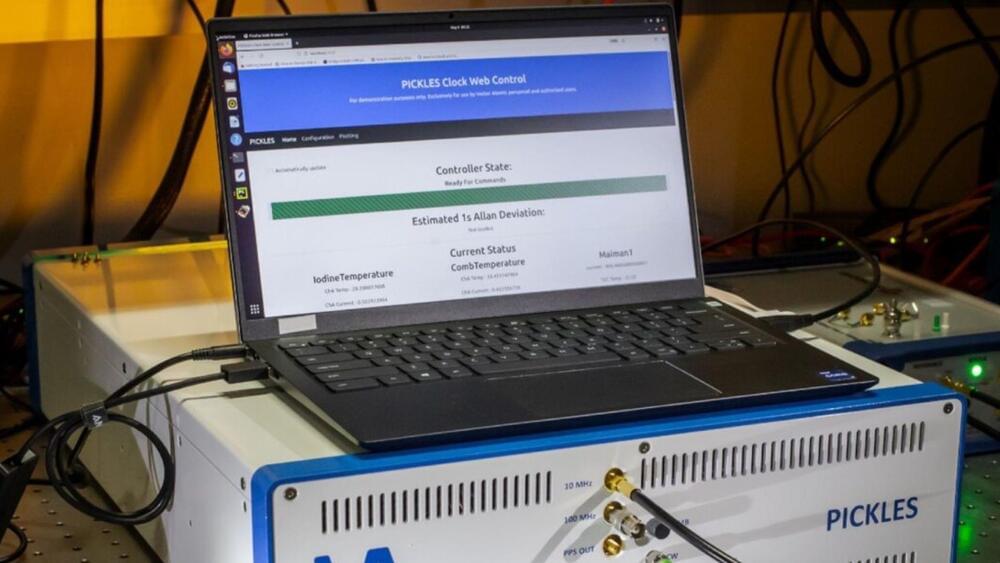
Vector Atomic makes waves with ultra-precise, seafaring atomic clock
Researchers at Vector Atomic have developed a revolutionary new atomic clock that boasts both exceptional precision and remarkable portability. Unlike its bulky lab-bound predecessors, this innovative clock utilizes oscillating iodine molecules and is remarkably compact, roughly the size of three shoeboxes and weighing only 26 kilograms. This makes it a perfect fit for deployment on virtually any ship.
The true marvel lies in the clock’s accuracy. Vector Atomic claims it surpasses the performance of existing shipboard clocks by a staggering 1,000 times. This translates to significantly improved positioning capabilities, potentially reducing errors to mere centimeters.
